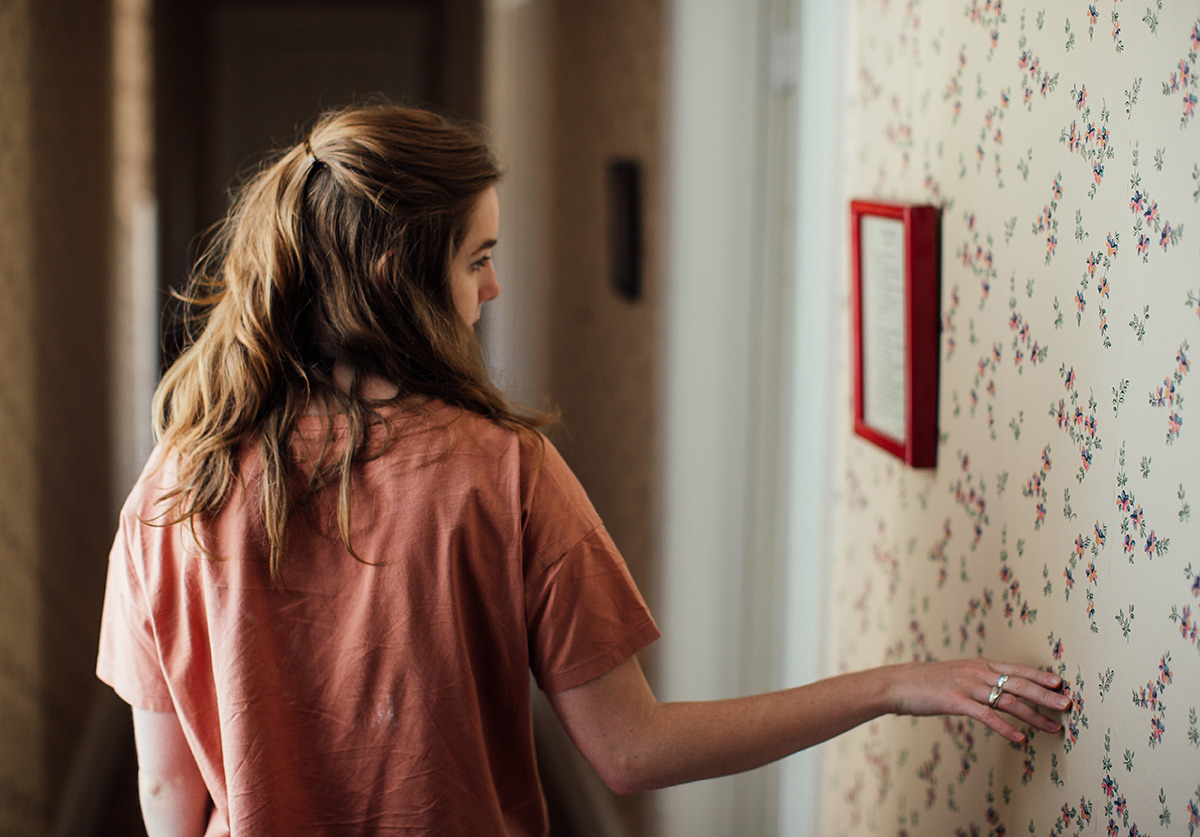If anxiety was a familiar feeling before we were told to “Stay Home, Save a Life” in 2020, you may find yourself a bit nervous to leave home. Even if you and your loved ones have been vaccinated, you may find it difficult to re-enter your community. Where the government is saying it’s safe to take off your mask, it may still feel vulnerable to do so. *Caveat: I am not a medical doctor. If you have medical concerns, you should seek advice from your medical doctor. However, I am trained to help with anxiety. This post is about overcoming an anxiety-based limitation called agoraphobia.
You might be experiencing agoraphobia if…
- … you feel extreme discomfort if you have to leave your home.
- …you are staying at home or limiting your behavior significantly more than your peers (especially those that live in a similar area as you).
- …loved ones have expressed concern about your behavior.
- …you can’t do the things you need to do, for example, go to work, shop for food, or visit family and friends.
- …you’ve experienced these things for six months after your local government said it was safe to leave home.
During the restrictions that were set during the past year and a half, I do not think it was possible to consider this behavior agoraphobic, because individuals were being told to stay home. However, during the past 18 months, (a) we’ve learned more about how the virus works that can help us consider it differently, (b) we’ve been offered alternate safety precautions (e.g. vaccination), and (c) governments have reduced social restrictions. At this time, if you are not able to leave home by that time without feeling physical symptoms of anxiety (racing heart, shallow breathing, shakiness), you might be relieved to know there is help.
- Take a look from farther back. What did you do about illness and death prior to 2020? Pain, disease and death were always among us (and always will be). You had a perspective back then that allowed you to leave the house. How can you incorporate that perspective again? How can you expand your perspective to include the fact that we don’t know what’s ahead? What do you think you need in order to handle life’s uncertainties and pain? (Hint: that last part usually has to do with some sort of connection.)
2. Just say “no” to the anxiety-excuse. Anxiety-excuses are very clever. They make sense. They convince our loved ones (and us) that we’re still ok, but in the end, anxiety-excuses result in avoidance. Let me give you some examples of anxiety-excuses:
- I’ll do it when I’m ready.
- I’ll go to the doctor when I feel worse.
- Not leaving home doesn’t bother me. I’m a home-body.
- I could hurt someone else.
The excuse makes it ok to avoid facing what we’re afraid of. When we avoid the fear, the fear becomes bigger, so the anxiety-excuse actually keeps the anxiety strong. If you want to be able to leave home, get to know the anxiety-excuses you use and say “no” to them.
3. Ask your family for help. Ah… but this is a different kind of help than you’ve been asking for. Often when someone becomes limited by agoraphobia, they’ve asked their loved ones for help because it has felt impossible to leave home. Even though our technology has made it possible to live our lives from home, we still need someone to pick up kids, take pets to the vet, and get items we need before a delivery truck can get them to us. When anxiety keeps us from being able to do these things, we lean on those around us. Eventually, our person is over-functioning just to keep the family boat afloat.
It’s time to ask them for a different kind of help. Ask them to say “no” to you. Tell them about your anxiety-excuses and how you actually need to face your fear (instead of avoid it). Help them understand that when they let you avoid what you fear, they’re keeping the anxiety strong.
There is life outside! To be whole and healthy, agoraphobia has to go. To get support on taking these first steps, make a teletherapy appointment (with the goal of making a face-to-face therapy appointment – remember you can’t avoid leaving home forever). It is hard work to overcome anxiety, but it is worth it!
Written by Dr. Veronica Johnson







